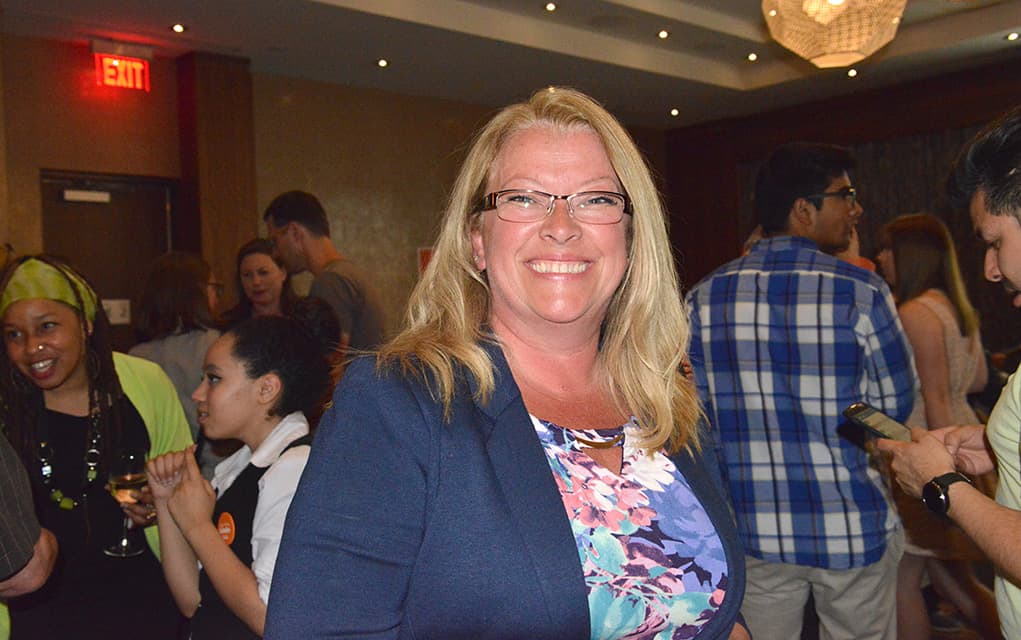As the dust settles from Ontario’s province-shaking general election last week, the newly elected PC government – and the scores of new MPPs voted in under the blue banner – will be scrambling to prepare themselves for the business of governance.
It will be the first regime change in the province in 15 years since the Liberal party first entered office in 2003, and for the incoming government, the onus will be to create as smooth a transition of power as possible. That will mean establishing a party policy, selecting a cabinet and defining the roles of the MPPs heading to Queen’s Park.
“There’s a few things that are kind of in play over the next few weeks, of course,” noted Mike Harris, the newly elected representative for the Kitchener-Conestoga riding.
“Number-one in is our first caucus meeting will be held early next week. We’ll be outlining a little bit more policy procedure over that point. We also have a couple of orientation sessions coming that are being put on by the legislative assembly, just to get new MPPs familiarized with the process, and of course a bit of a refresher for the stalwarts that have been there for a while.”
Complicating matters, however, is the lack of a party platform, which was torpedoed after the resignation of the former party leader Patrick Brown in January. The sudden departure of Brown, followed by the equally tumultuous leadership race from which Doug Ford emerged, has left the party making changes on the fly.
Promises have been made throughout the campaign, from lowering taxes and balancing the books, to ending hallway medicine and funding a GO Train service between Waterloo and Toronto. But where the money will actually come from remains to be seen.
“I think that’s the big question. That’s the big question that we don’t have an answer to because we don’t know how some of these promises will be paid for,” noted Anna Esselment, associate professor of political science at the University of Waterloo.
With the Ford campaign’s promise to scour the province’s ledgers for “efficiencies,” calculating costs and getting a handle on the province’s finances may be amongst the PC government’s first priorities, she suggests.
“I would think because one of their main ideas was to go through the books, the provincial books, line by line to discover efficiencies. I imagine that the cabinet would probably be spending July and August doing that process,” said Esselment.
Barry Kay, an associate professor of political science at Wilfrid Laurier University, points out that Ford’s “efficiencies” will be hard to come by, however.
“It’s going to be very challenging for him to find efficiencies in part because the debt is going to be much bigger than the Liberals let on,” he noted.
“In general he wants to cut taxes, he wants to cut spending, but he doesn’t want to basically acknowledge that he’s doing it. He suggested that nobody is going to be fired, that all the programs are going to run just as efficiently, he thinks he’s just going to find ‘efficiencies’… which will reduce spending by four per cent,” said Kay.
“But he suggested nothing specific about how he’s going to do it.”
For first-time politician Harris, the priority now would be to prepare his staff, his constituency office and himself for the inner-workings of Queen’s Park. The potential for a cabinet position is something he’s open to.
“I’ll be very honest with you, it’s up to the party,” said Harris. “They’re the ones that will decide. We’ve got 76 great MPPs and we’ve got a wealth of experience to draw on in many different sectors, and I look forward to playing whatever role I can in our new government.”
While a rookie to the legislature, Harris is no stranger to Queen’s Park. Being the son of former premier Mike Harris., the younger Harris says that he hopes he’ll be able to continue to draw on his father’s extensive experience.
“We’ve got to accomplish over the next, we’ll say, year or two … I think navigating the debt structure and really getting a handle on the books at Queen’s Park is going to be top of mind for our government,” he said.
“We knocked on thousands and thousands of doors over the last few weeks, and hydro concerns were probably the number-one thing that people brought forward. And just the general affordability of living in Ontario. Making sure that we have good jobs here, bringing back manufacturing jobs to Waterloo Region is going to be something that I’m hoping that I can really help with. And getting that two-way all-day GO train service in place.”
Then there’s the question of where to live as Harris, a 33-year-old father of five living just outside the riding’s boundaries, is looking to move into the neighbourhood.
“Absolutely, it’s going to be something that will happen in short order for us. We’ve already started looking at houses,” he said.









